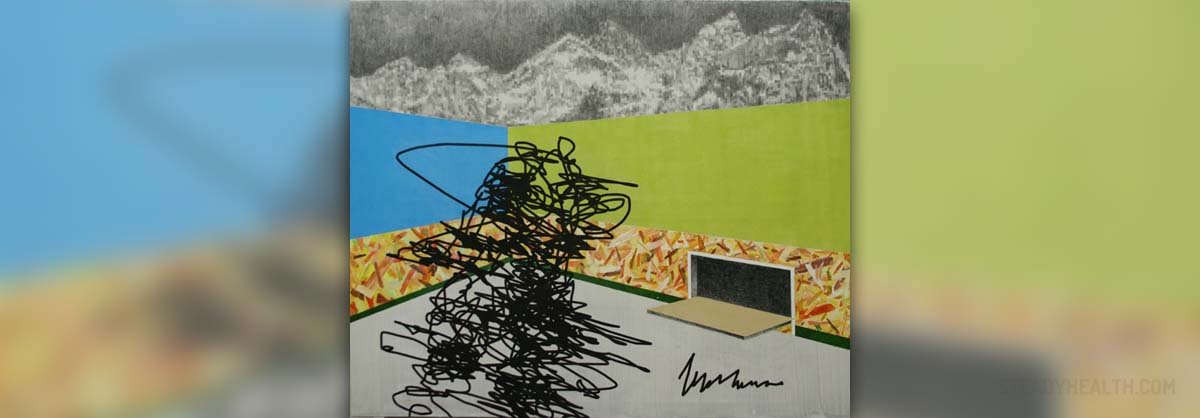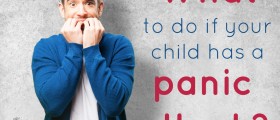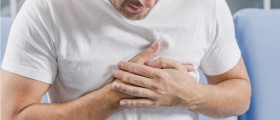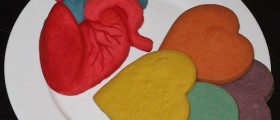
Panic attack can be defined as an episode of intensive fear. The episode develops quickly and is of relatively brief duration. The majority of panic attacks reach their peak within 10 minutes and they totally subside after half an hour. In some cases panic attacks can be very short (15 seconds) and there is also a possibility of their cyclic occurrence.
There are different effects of panic attacks. Some people, especially if they experience a panic attack for the first time, may call for emergency services. Due to symptoms of panic attack inexperienced people who have never been in such a situation may think they are having a heart attack or nervous breakdown. Panic attacks are considered one of the most frightening and upsetting experiences in one's life.
Symptoms of Panic Attacks
Panic attack is a discreet period of intensive fear/ discomfort. To be classified as a panic attack an attack has to comprise some of the following symptoms which develop suddenly and reach their peak within 10 minutes.
Obvious intensive panic is a common feature of panic attacks. Furthermore, a person may develop palpitations (accelerated heart rate). There is also an excessive sweating, trembling/ shaking and muscle tension. Some patients complain about blurry vision and tunnel vision.
Respiratory symptoms of panic attack include shortness of breath, feeling of choking and chest pain/ discomfort. Gastrointestinal symptoms of a panic attack are nausea and abdominal distress.
Majority of patients report dizziness, unsteadiness, lightheadedness or fainting. Headache and head pressure occur as well. There may also be confusion, derealization and depersonalization. Fear of losing control, or going insane or even dying are common features of panic attacks.
Paresthesias, feeling of warmth inside and chills or hot flashes are additional symptoms. And finally, the person feels the need to escape.
Triggers and Causes of Panic Attack
There are many factors which contribute to panic attacks. The condition can be hereditary. Namely, it may run in family. Furthermore, there are also biological causes of panic attacks. They include obsessive compulsive disorder, post traumatic stress disorder, hypoglycemia etc. Panic attacks can be also associated with phobias. Short-term causes of panic attacks are personal loss, life transitions, significant life changes etc. Panic attack can be induced by smoking and increased caffeine consumption.
Even intake of certain medications can induce panic attacks. This is common for Methylphenidate and fluoroquinolone antibiotics. Consumption of alcohol and drug/ medications withdrawal may sometimes cause panic attacks. And finally, a panic attack is associated with hyperventilation syndrome and can be a feature of certain chronic illnesses.









,-Asthma-And-Anxiety_f_280x120.jpg)





-Symptoms,-Diagnosis,-Treatment_f_280x120.jpg)

Your thoughts on this
Loading...